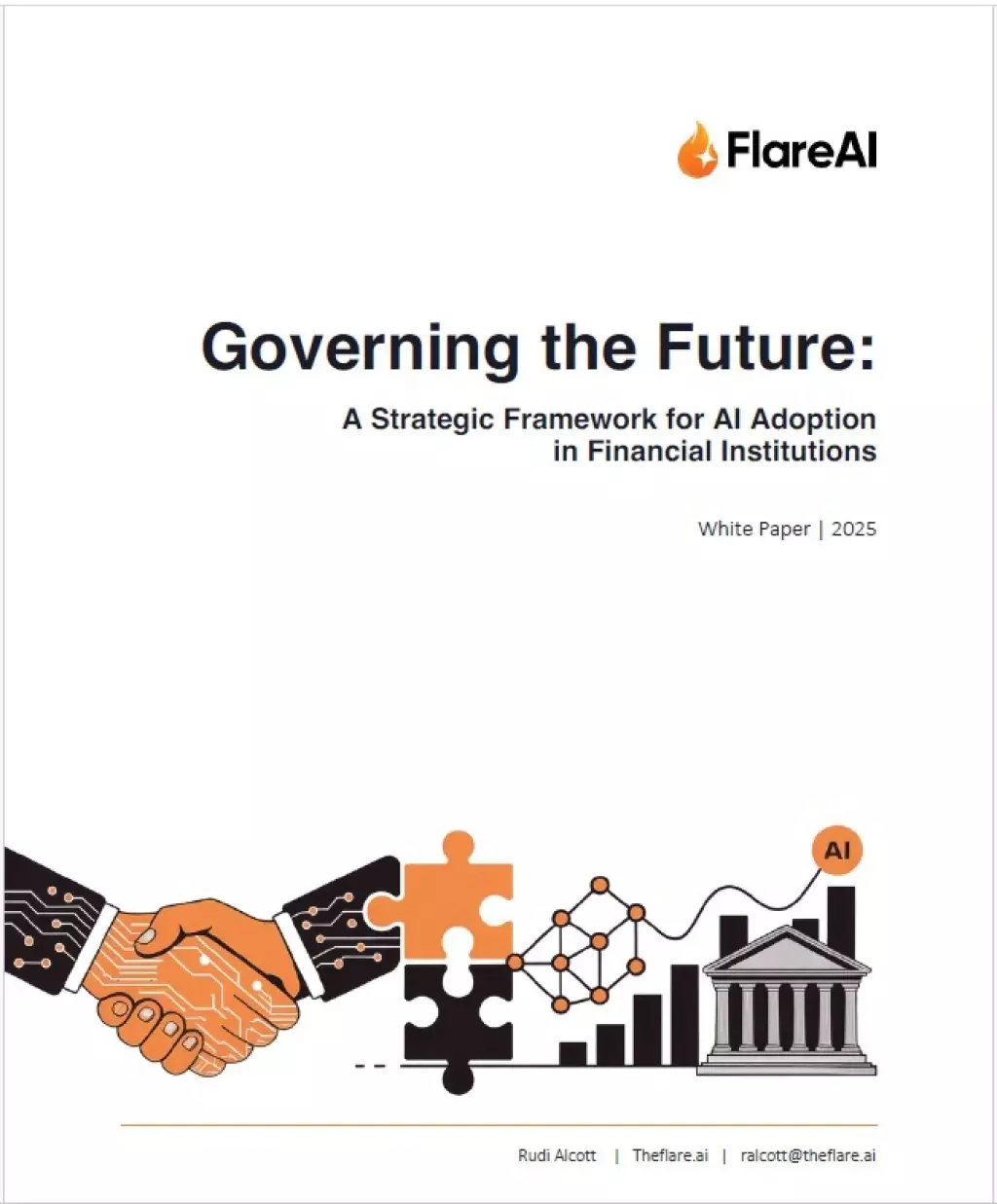Stripe Launches Tempo Blockchain for Stablecoin Payments
Stripe has announced the launch of Tempo, a new blockchain company aimed at optimizing high-volume processing of stablecoins. This initiative is designed to address the limitations of existing blockchains in handling real-world financial applications, particularly in terms of throughput and fee structures.
Tempo will operate as an independent entity, with Stripe and Paradigm as its initial investors. The company has enlisted a notable group of design partners, including Anthropic, OpenAI, Coupang, Deutsche Bank, DoorDash, Lead Bank, Mercury, Nubank, Revolut, Shopify, Standard Chartered, and Visa. These partners are expected to utilize the blockchain for various applications such as payment acceptance, global payouts, and remittances.
The blockchain will feature a built-in stablecoin automated market maker (AMM) to ensure platform neutrality across different stablecoins. Tempo's development is led by Matt Huang, co-founder of Paradigm, and the team currently consists of 15 members. The company plans to start with an independent validator set and aims to transition towards permissionless validation in the future.
We hope you enjoyed this article.
Consider subscribing to one of our newsletters like Enterprise AI Brief, Finance AI Weekly or Daily AI Brief.
Also, consider following us on social media:
More from: Enterprise
More from: Finance
Subscribe to Finance AI Weekly
Weekly newsletter about AI in finance. Covers AI-driven trading, fintech innovations, and data analytics transforming markets
Whitepaper
Governing the Future: A Strategic Framework for AI Adoption in Financial Institutions
This whitepaper explores the transformative impact of artificial intelligence on the financial industry, focusing on the governance challenges and regulatory demands faced by banks. It provides a strategic framework for AI adoption, emphasizing the importance of a unified AI approach to streamline compliance and reduce operational costs. The document offers actionable insights and expert recommendations for banks with fewer than 2,000 employees to become leaders in compliant, customer-centric AI.
Read more
